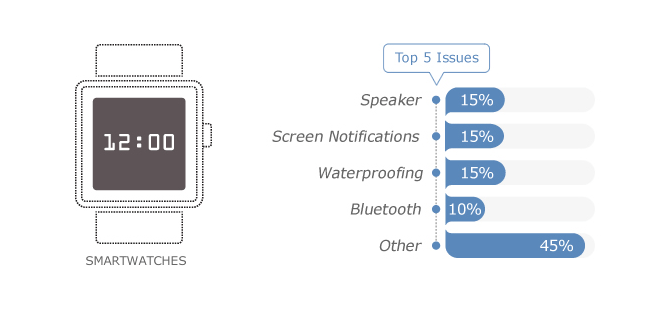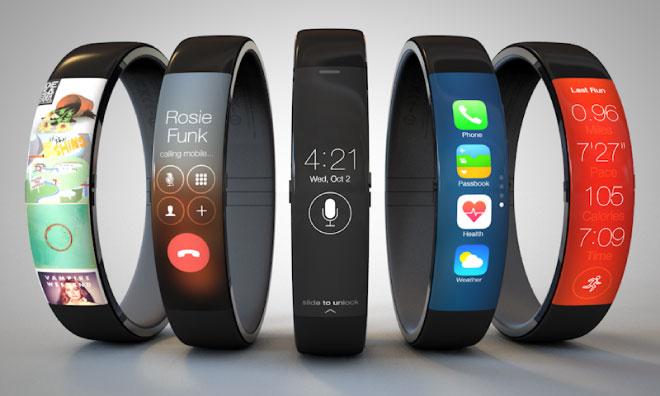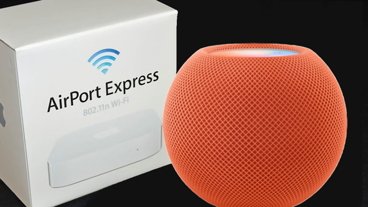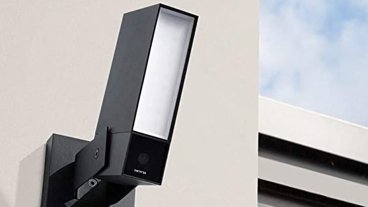As Apple is thought to be nearing the release of its own so-called "iWatch," early smart watch adopters have grown frustrated with the current generation of wrist-worn devices, according to a new report released Wednesday.
Users most often cited errors with on-screen notifications, issues with the devices' batteries, frustrating voice control solutions, and poor speaker quality, question-and-answer website Fixya noted. The problems were collated from more than 6,000 troubleshooting requests for the Martian Passport, I'm Watch, Samsung Galaxy Gear, Sony SW2, and Pebble.
Users view smart watches primarily as an extension of their smartphone rather than a standalone device, the report concludes. This leads to frustration when even simple operations — such as receiving notifications — fail, forcing users to pull out their pocket devices when they may prefer not to.
The devices' displays were found to be a major factor affecting their usefulness. The relatively small size often hampered the utility of on-screen notifications, for instance, while seemingly not helping to improve battery life by a noticeable amount.
The compact displays also deal a blow to interactivity, which some manufacturers have tried to supplement with other input methods including voice control. Those with voice control were panned for its poor quality, while others were dinged for its absence.
Apple's forthcoming iWatch is believed to ship with a flexible AMOLED display between 1.3 and 1.5 inches diagonally, which would be nearly identical to the size offered by current smart watches. The company would likely depend on the relative superiority of its Siri voice-controlled digital assistant to differentiate it from existing options.
Additionally, Apple is thought to be aiming for at least one day of battery life by using advanced battery technology and fine-tuning individual components. That is similar to the running time offered by Samsung's offering, for example, but well short of the nearly one week that the monochrome e-paper display-equipped Pebble achieves.
One area in which Apple's offering would differ significantly, however, might be its functionality. Many think that the device will feature a focus on biometrics and personal health tracking, particularly in light of the numerous biomedical sensor experts Apple has hired in recent months.
The iWatch is expected to ship this fall, with some analysts estimating that Apple might sell as many as 10 million units during the holiday season.
 AppleInsider Staff
AppleInsider Staff








-m.jpg)






 Charles Martin
Charles Martin

 Malcolm Owen
Malcolm Owen
 William Gallagher
William Gallagher

 Christine McKee
Christine McKee
 Wesley Hilliard
Wesley Hilliard









56 Comments
The 1.3 and 1.5 inches is a bogus. A flexible wrap-around display based on the LuxVue technology is more like it. Remember, Apple enters new product categories by breaking paradigms of current products via a revolutionary technology.
Of course consumers are unsatisfied with current "smart watches".
Apple hasn't shown the way yet.
Current "smart watches" are just opportunistic plays by the likes of shady companies such as Scamsung to try and beat Apple to the market by releasing and rushing to the market an uninspired and poorly thought out design, basically crap.
It's just like with tablets before the iPad was released. Sure, there were a few tablets that existed before the iPad, but they were all terrible and nobody wanted them. It wasn't until Apple came along and showed everybody how to properly make a tablet, that everybody wanted one all of a sudden.
The same thing will happen with "smart watches". It'll take Apple to come along and release theirs before the buying public realizes how useful and desirable a smart watch could actually be.
There's a word for people who would consider buying a "smart watch" today, and that word is suckers, especially with Apple's watch right around the corner, if we are to believe the rumors.
They don't seem to be doing to well in the 'other' problem category!
I hate the way Samsung implemented the speaker on its Gear watch. The voice comes out loud. Hope, Apple addresses this.
Pranav Mistry could have used his brain a little more.
[quote name="Bobleh" url="/t/179184/consumers-most-unsatisfied-with-poor-voice-control-bad-speakers-in-current-smart-watches#post_2528828"]The 1.3 and 1.5 inches is a bogus. A flexible wrap-around display based on the LuxVue technology is more like it. Remember, Apple enters new product categories by breaking paradigms of current products via a revolutionary technology.[/quote] 1) Why do I need a display on the backside of my wrist where I can't see it? Can you imagine a watch with that? 2) Why do I want a display and the other electronics to be flexible? Can you imagine a watch with that?